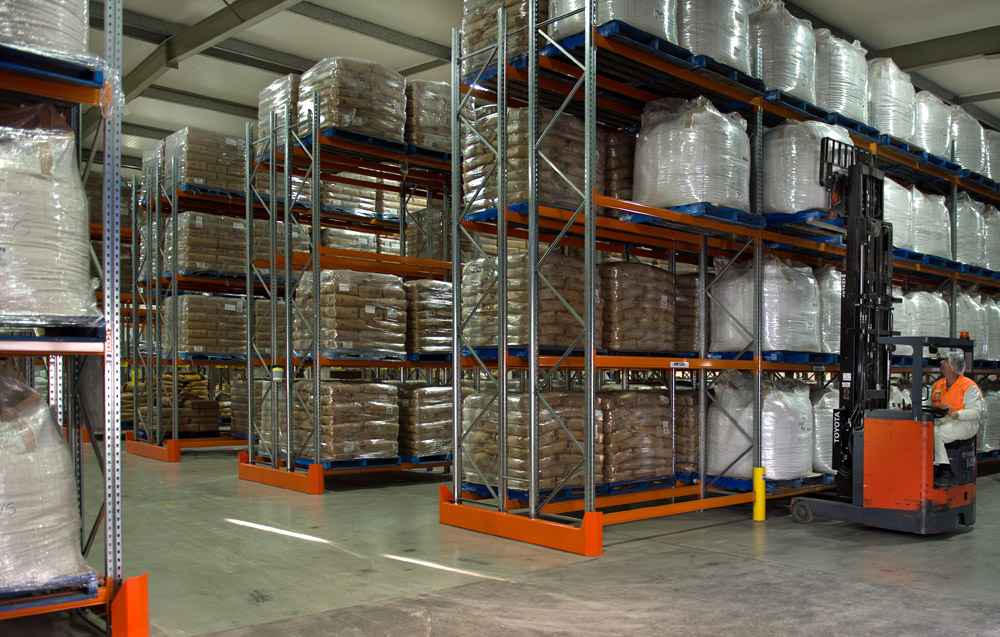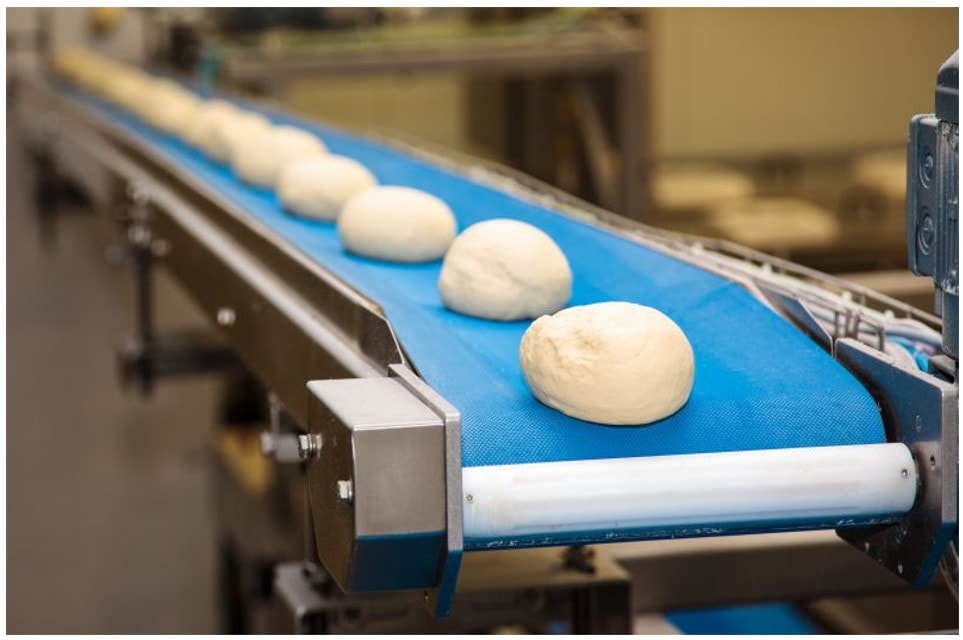Introduction
In today's swiftly advancing food sector, organizations are looking for sustainable solutions to satisfy the growing need for high quality food products while decreasing their environmental influence. Contract food manufacturing has become a feasible option for firms wanting to outsource their production requires while preserving control over product advancement as well as quality control. This post discovers the concept of contract food manufacturing in Australia and also its function in advertising sustainability within the food industry.
The Increase of Contract Food Manufacturing in Australia
Understanding Agreement Food Manufacturing
Contract food production is a tactical collaboration between a brand owner as well as an agreement producer, where the latter creates items in support of the former. This arrangement allows brand proprietors to focus on advertising and marketing, product advancement, and also distribution while leveraging the experience and sources of specialized agreement manufacturers.

Benefits of Agreement Food Manufacturing
Cost Efficiency: Contract food manufacturing eliminates the demand for substantial capital investments in facilities, tools, as well as manpower. This cost-saving procedure allows brand names to designate their resources in the direction of other crucial areas of organization growth. Scalability: As demand for a certain product changes, agreement manufacturers can swiftly change manufacturing degrees to fit market demands. This adaptability makes certain that brands can satisfy customer demand without excess supply or wastage. Expertise as well as Innovation: Agreement makers often have extensive knowledge as well as experience in particular food classifications or processes. By teaming up with these professionals, brands can tap into their creative thinking as well as harness cutting-edge options for item advancement and also improvement. Quality Assurance: With stringent quality control actions in place, agreement producers stick to sector criteria as well as regulatory demands. This dedication to quality makes certain that brand names provide secure as well as premium products to customers consistently. Supply Chain Monitoring: Contract food manufacturing simplifies the supply chain by settling manufacturing, packaging, labeling, as well as distribution under one roofing system. This integrated strategy decreases logistical intricacies and improves overall operational efficiency.The Ecological Influence of Contract Food Manufacturing
Reducing Carbon Footprint
Contract food manufacturing supplies possibilities to minimize the environmental influence of food production through different methods:
Efficient Resource Usage: Contract producers optimize resource usage by carrying out energy-saving techniques, reducing water use, and also reducing waste generation. These lasting procedures add to a reduced carbon impact across the entire manufacturing process. Locally Sourced Active ingredients: By sourcing components from neighborhood vendors, contract suppliers reduce transport distances as well as connected emissions. This technique supports local economic climates while promoting sustainability within the supply chain. Eco-Friendly Packaging: Agreement food suppliers highlight using green packaging products, such as eco-friendly or recyclable options. This dedication to lasting product packaging reduces waste and cultivates responsible consumption.Embracing Sustainable Energy
Contract food manufacturing facilities in Australia are significantly embracing renewable resource sources to power their procedures. Solar panels, wind turbines, as well as various other clean energy services help reduce reliance on fossil fuels and add to a greener future for the industry.
Addressing Sustainability Challenges in Contract Food Manufacturing
Waste Administration as well as Recycling Initiatives
Contract food manufacturers prioritize waste administration via thorough recycling programs and also waste decrease approaches. By applying effective waste segregation systems, business can divert considerable quantities of waste from landfills and advertise a circular economy.
Water Preservation Measures
Water scarcity is an international worry, and agreement food manufacturers play their part in addressing this difficulty. Business buy water-saving technologies, such as advanced purification systems and also water reuse initiatives, to reduce their freshwater consumption.
Collaboration with Lasting Suppliers
Contract food makers proactively look for partnerships with distributors devoted to sustainable techniques. By focusing on environmentally aware suppliers, these companies ensure that their entire supply chain lines up with sustainability goals.
FAQs
What is contract food manufacturing? Contract food manufacturing describes the outsourcing of food production to specialized manufacturers who create goods on behalf of brand owners.
How can contract food manufacturing benefit services? Contract food manufacturing supplies expense effectiveness, scalability, competence, and also quality assurance to brands wanting to focus on marketing and distribution.


How does contract food manufacturing advertise sustainability? By maximizing resource use, accepting renewable resource, and implementing waste administration and reusing efforts, contract food manufacturing minimizes its environmental impact.
What are some lasting product packaging options in contract food manufacturing? Eco-friendly product packaging products such as naturally degradable or recyclable alternatives are typically used in contract food manufacturing to lower waste.
How do agreement food makers conserve water? Contract food makers buy water-saving technologies and also apply water reuse efforts to reduce their freshwater consumption.
What duty does partnership with sustainable distributors play in contract food manufacturing? By partnering with environmentally conscious vendors, contract food makers make sure that their entire supply chain straightens with sustainability goals.
Conclusion
Contract food manufacturing offers a lasting option for services seeking to fulfill the growing demand for quality food products while minimizing their ecological impact. By food and beverage trade shows leveraging the proficiency of specialized producers and also adopting environmentally friendly techniques, brands can contribute to a greener future for the Australian food market. Accepting sustainability not only profits the setting yet likewise enhances brand name reputation and also consumer rely on an increasingly conscious market.